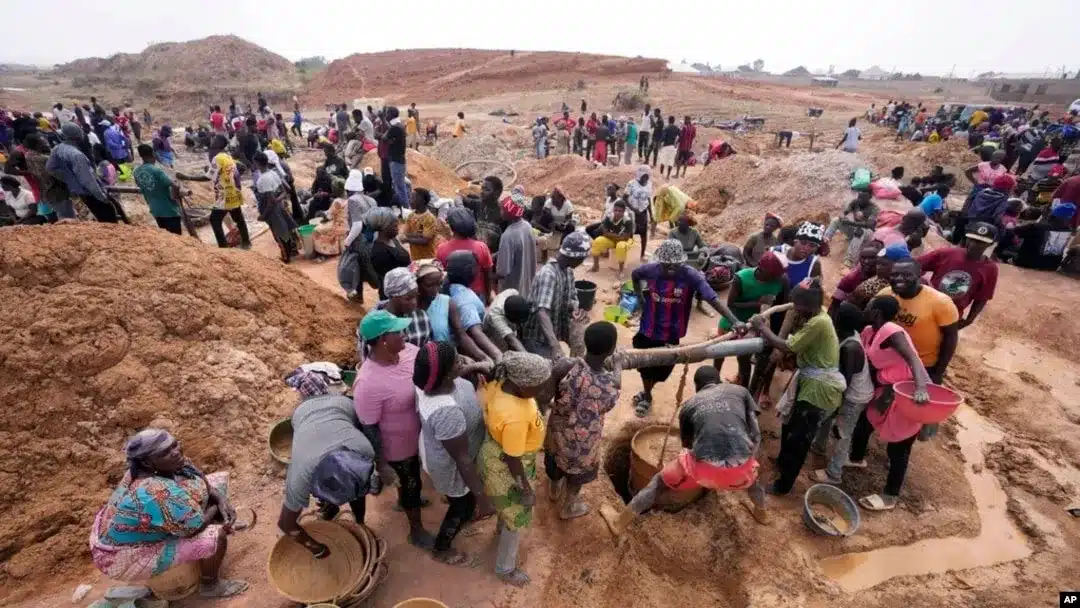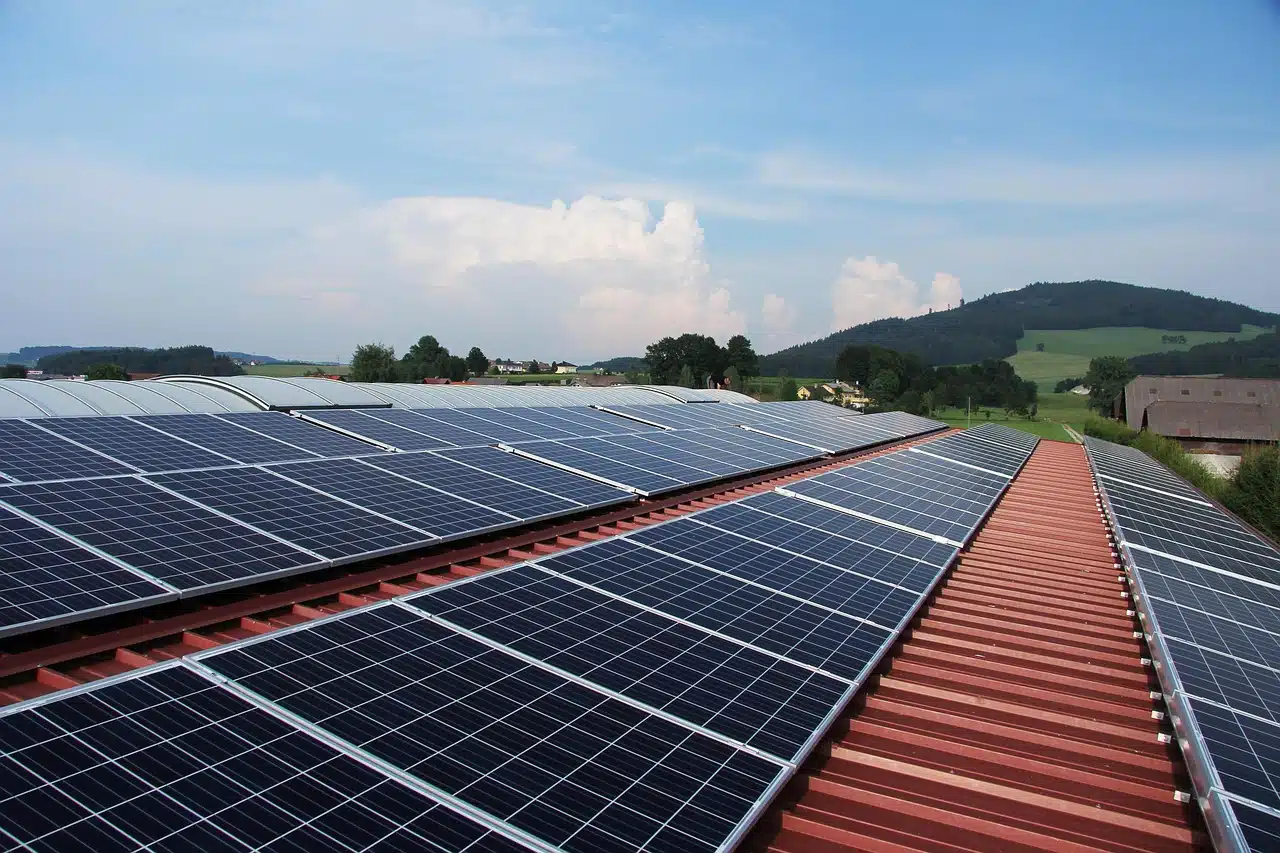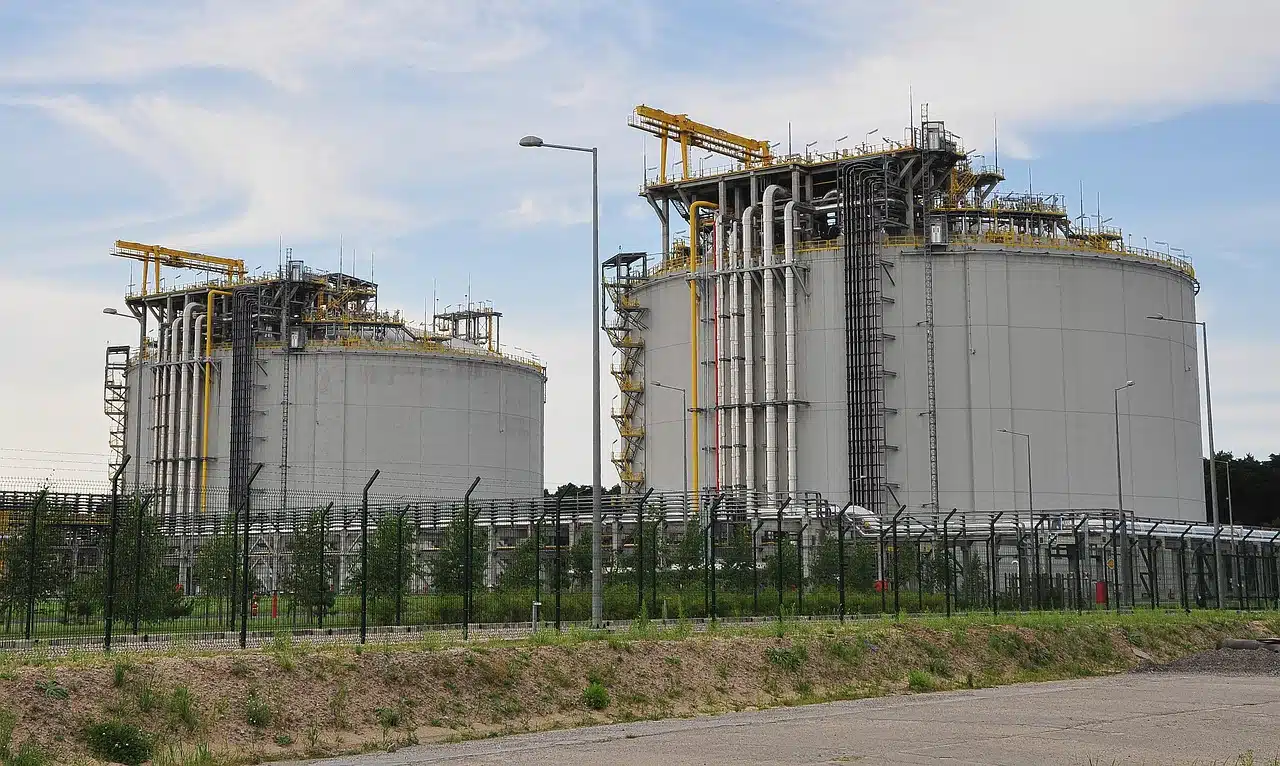The South African Medical Research Council (SAMRC) recommended the country phase out coal-fired power stations as it published a 10-year study which found that people living near them were 6% more likely to die than their peers elsewhere.
The report which was released by the South African Medical Research Council (SAMRC), in partnership with Britain’s Department for International Development (DFID) collected nearly 3 million death certificates from 1997 to 2018 and compared them with air quality data nationwide.
It found higher birth defects and higher death rates among all ages in communities adjacent to the power stations — especially from cardiovascular and lung disease.
“Analysis of air quality data from the South African Air Quality Information System and health data from Statistics South Africa and the National Department of Health reinforces the link between air pollution and health impacts.
“The study further confirms that air pollution increases hospital visits, particularly for respiratory diseases such as chronic obstructive pulmonary disease and tuberculosis,” said Prof Caradee Wright, Chief Specialist Scientist leading the Climate Change and Health Research Programme.
The study, titled “Estimating the health impacts from living in district municipalities with and without coal-fired power stations in South Africa”, recommends that coal-fired power stations should be phased out.
The study recommended replacing coal-fired power stations with renewable energy sources like solar, wind, and hydropower to eliminate health risks.
However, it also acknowledged the challenges of this transition in a country like South Africa, where poverty levels remain high.
“Some recommendations are that power stations could be decommissioned,” co-author Caradee Wright said, presenting the report’s findings in the capital Pretoria.
“We realize that’s not going to happen immediately,” she said. “But (coal-fired power) does have such a negative impact on human health.”
Wright also called for more stringent enforcement of harmful emissions limits in South Africa’s coal belt, home to some 3.6 million people.
Other recommendations put forward by the report include informing communities sited near coal-fired power stations of the severe health risks they face.
The report also advocated for improved health surveillance to monitor pollution-related illnesses in affected regions and addressing health impacts effectively.
South African officials and citizens are debating whether and how fast the country should embark on a partly donor-funded programme to switch to sun and wind energy from coal.
The fossil fuel provides three quarters of national power and employs 90,000 people in jobs unions are fighting hard to protect.
Meanwhile, South Africa has moved to increase investment in its energy transition push in a bid to reduce dependence on its aging coal-fired power plants.
Last year, South Africa awarded a total of 1,760 megawatts of green-power projects as part of efforts to decrease its dependence on coal for electricity generation.
Most recently, South Africa secured a $157 million loan from Germany’s KFW Development Bank to bolster Cape Town’s power grid, and accelerate the country’s broader transition to green energy programs.











